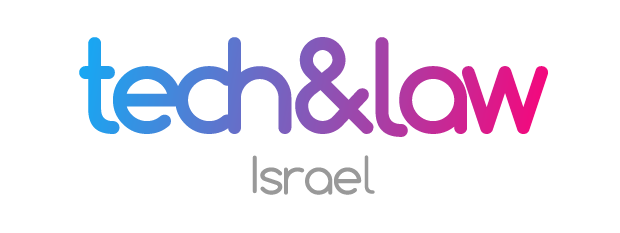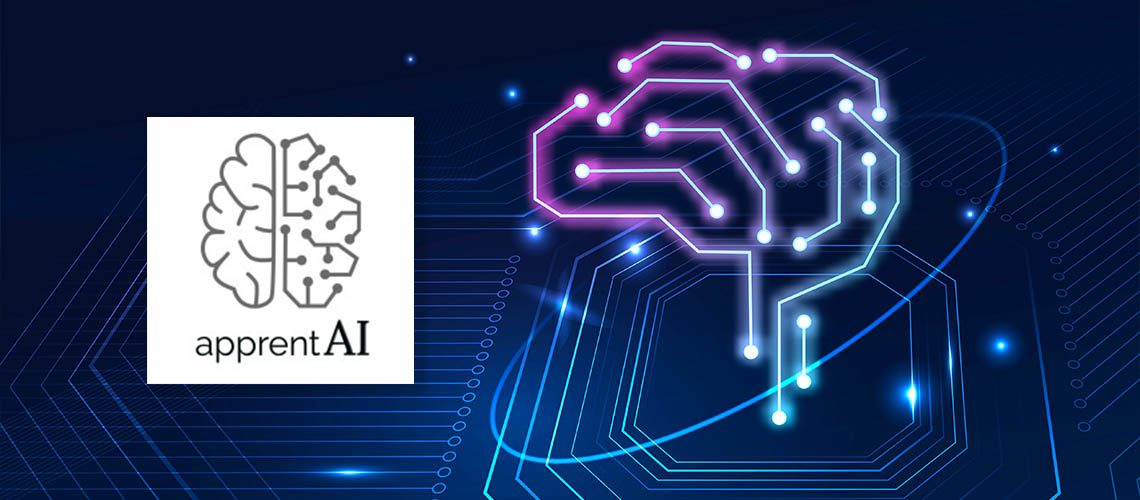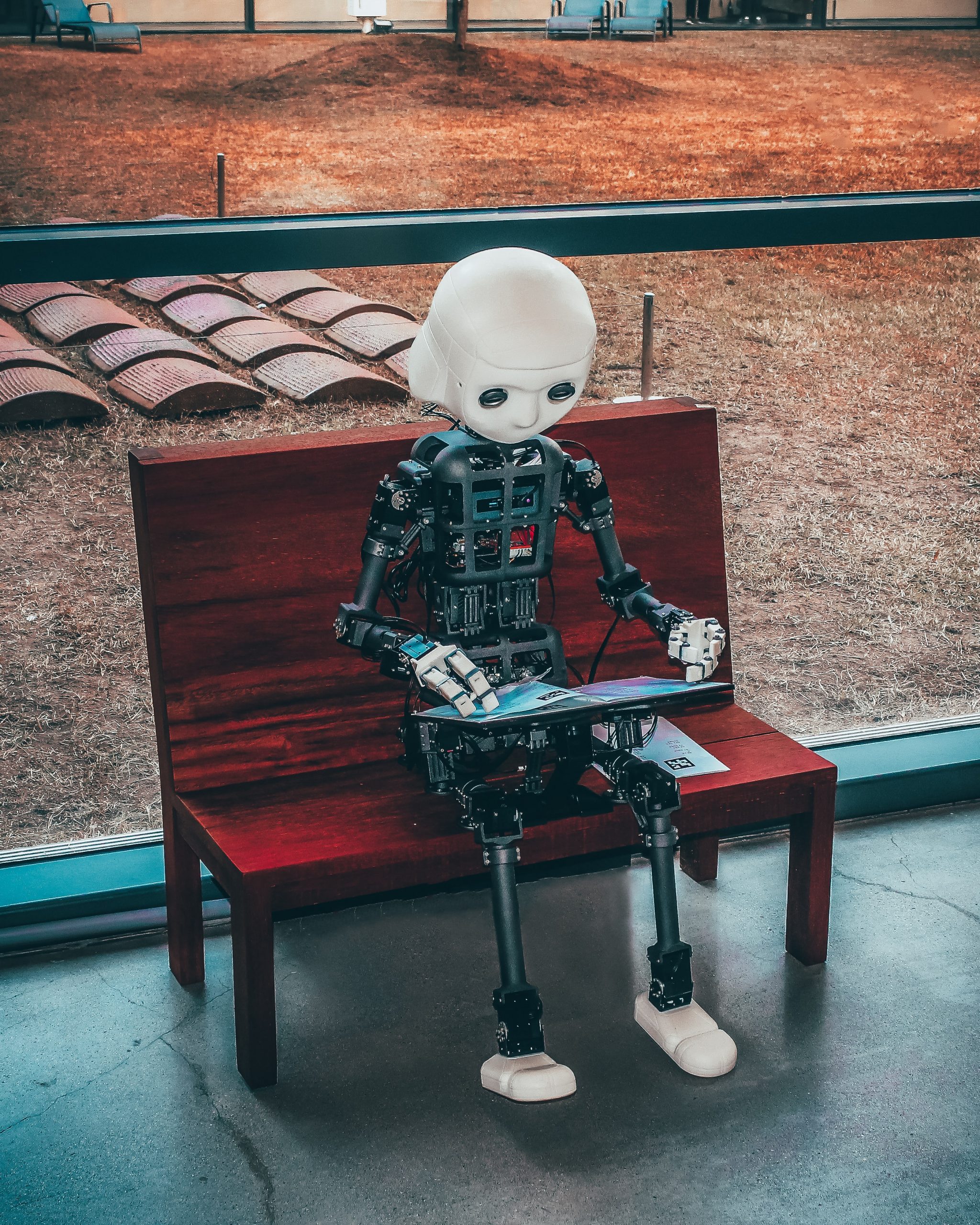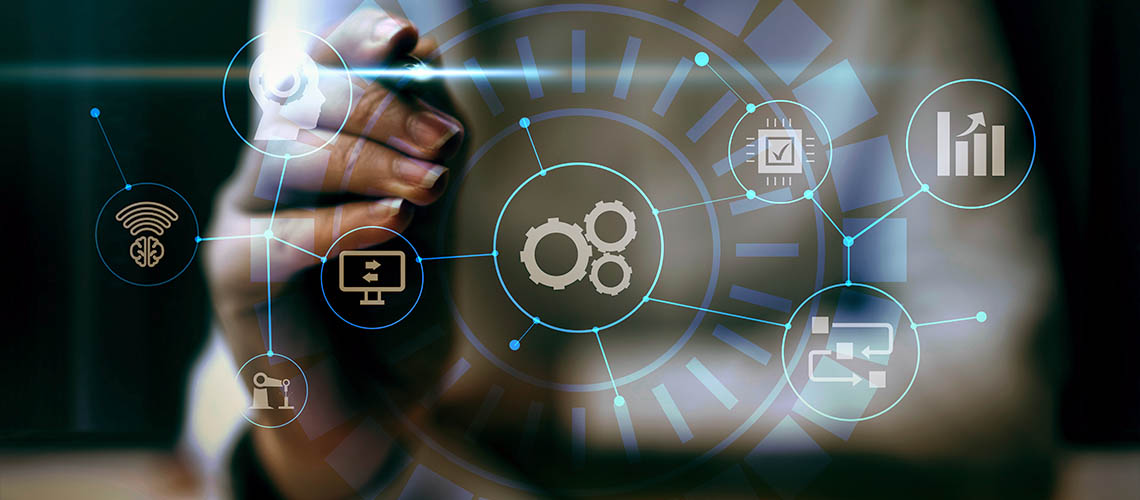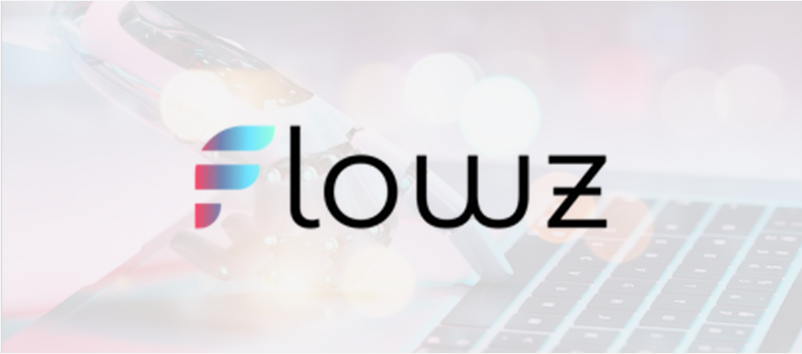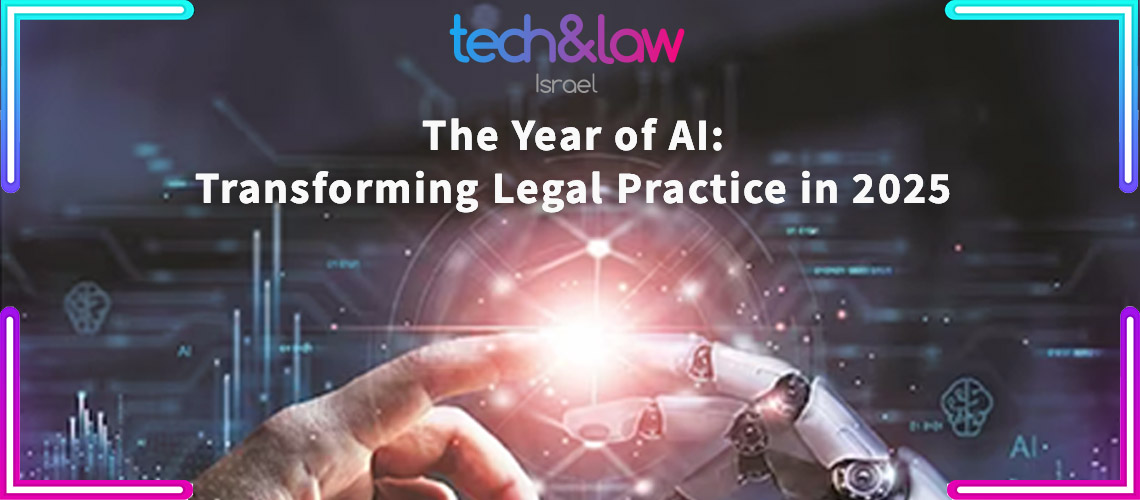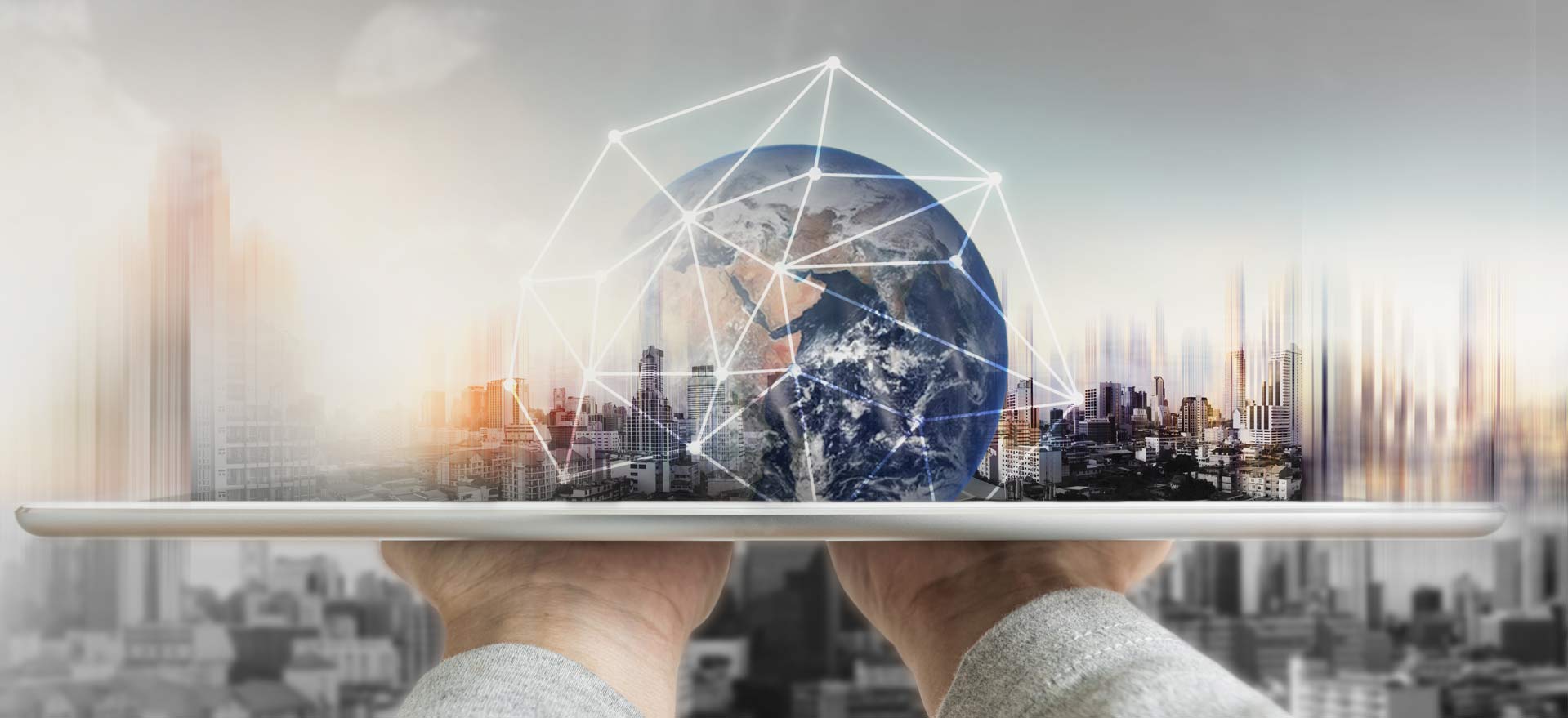
Sophie Pilarski
ApprentAI is a software platform that assists lawyers in extracting valuable insights from extensive legal data. It analyzes documents, identifies relevant legal issues, and streamlines the document review process.
ApprentAI (https://www.apprentai.com/) aims to offer a solution to lawyers encountering the challenge of dealing with copious amounts of data and struggling to extract actionable insights for their case work. ApprentAI is a software platform for e-discovery that analyzes documents gathered for litigation, due diligence or investigations and generates practical legal insights from them.
The tool performs an exhaustive examination of the complete dataset, identifying the relevant legal issues linked to it and discerning the non-relevant documents. The platform allows the users to create tasks based on the insights, for example – reviewing a company’s involvement in a matter. This efficient approach allows the lawyers to review relevant documents and fulfill their responsibilities effectively and thoroughly.
In March of 2023, Or Bar and Matan Yah Ben Zion, CEO and CTO of ApprentAI, engaged in a conversation with Ari Kaplan, the host of the podcast Reinventing Professionals. The podcast, entitled “Balancing Human Talent and Technological Efficiency in E-Discovery,” delved into various topics, including Or and Matan’s backgrounds, the inception of ApprentAI, the inner workings of the platform, the definition of AI, the delicate balance of utilizing AI, and the enduring impacts of the pandemic.
Prior to their involvement with ApprentAI, Or served as a criminal prosecutor for the Israeli army and provided advisory expertise on international legal affairs to the Israeli Defense Forces and intelligence agencies. On the other hand, Matan accomplished his Ph.D. in physics at New York University in 2013, thereafter conducting academic and industrial research at esteemed universities. His research focused on developing physical models for complex systems and leveraging AI within decentralized systems.
When describing the genesis of ApprentAI, Or recalls a story between a lawyer, Or, and a physicist, Matan, walking into a bar. The physicist, Matan, asked Or what are the pains he feels in his job? Or admitted the tedious task of document review. Matan was shocked by Or’s reveal of the continual use of old-fashioned tools over the new legal technology used in similar sectors. Matan and Or aimed to solve this dilemma.
Through market research, Matan and Or brainstormed ideas and interviewed legal professionals to gain feedback. They discovered that lawyers globally handle documents very similarly. Matan and Or discovered a recurring challenge faced by law firms—a surplus of documents without an efficient, non-labor-intensive solution to sift through them. They identified that the old-fashioned approach to document review is broken. It forced litigators to smart search in the dark, meaning they try to find something that you don’t really know exists. They provided a solution for this problem: a cutting-edge AI platform that would help legal professionals by modeling work that litigators do and develop a mathematical framework to analyze the legal evidence efficiently.
Matan described the idea-making process as a game of ping pong. Or would come up with a litigator process, and Matan would come up with a mathematical or algorithmic model to address it. At first, the game was highly theoretical but slowly formulated into a product.
Kaplan was curious of Or and Matan’s distinction between the broad use of AI in the legal field and ApprentAI. Matan explained that confusion arises from lawyers not fully understanding what AI encompasses and the popularity of ChatGPT. He clarified that AI has diverse applications. In contrast, ApprentAI focuses specifically on the litigation and due diligence process. Their technology treats documents as unstructured data, allowing efficient analysis of large volumes and identification of key information. Matan and Or are introducing a pipeline that selects the most relevant documents to support legal claims, streamlining research and moving away from blind smart searches. Their goal is to surface the top hundred documents for early-stage work, enhancing efficiency in the process.
When asked about the pandemics effects on the legal technology industry Or believed that it allowed lawyers to flex and get out of the scope of the major cities. Now when they are customed to work with Zoom or Teams, they can adopt new technologies to assist them in workflow management. Or states that the pandemic acted as a catalyst for the transformation of modern legal technology. Matan adds that the evolution of AI enables extensive usage and deeper insights, balancing the playing field. Previously, larger law firms had an advantage by overwhelming smaller firms with their document volume, but digital solutions have changed the dynamics of this battle.
* Sophie Pilarski is a student at the University of Chicago majoring in global studies with a prelaw specialization complemented by a minor in human rights. As part of her long-term goals, she intends to pursue law school in the future.
